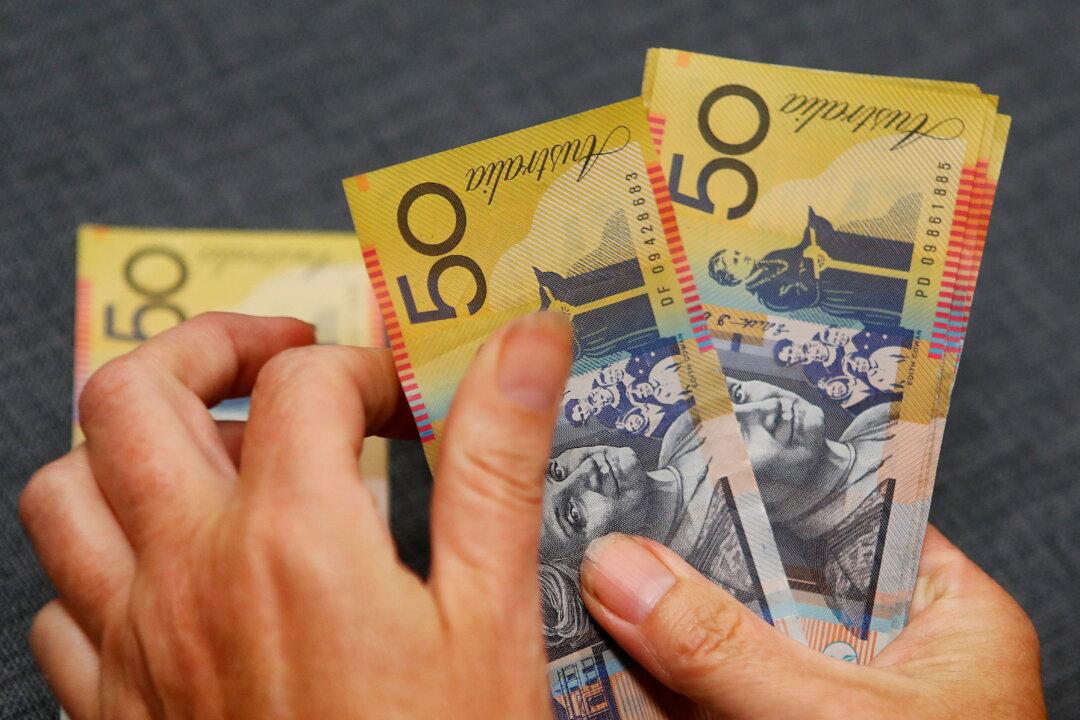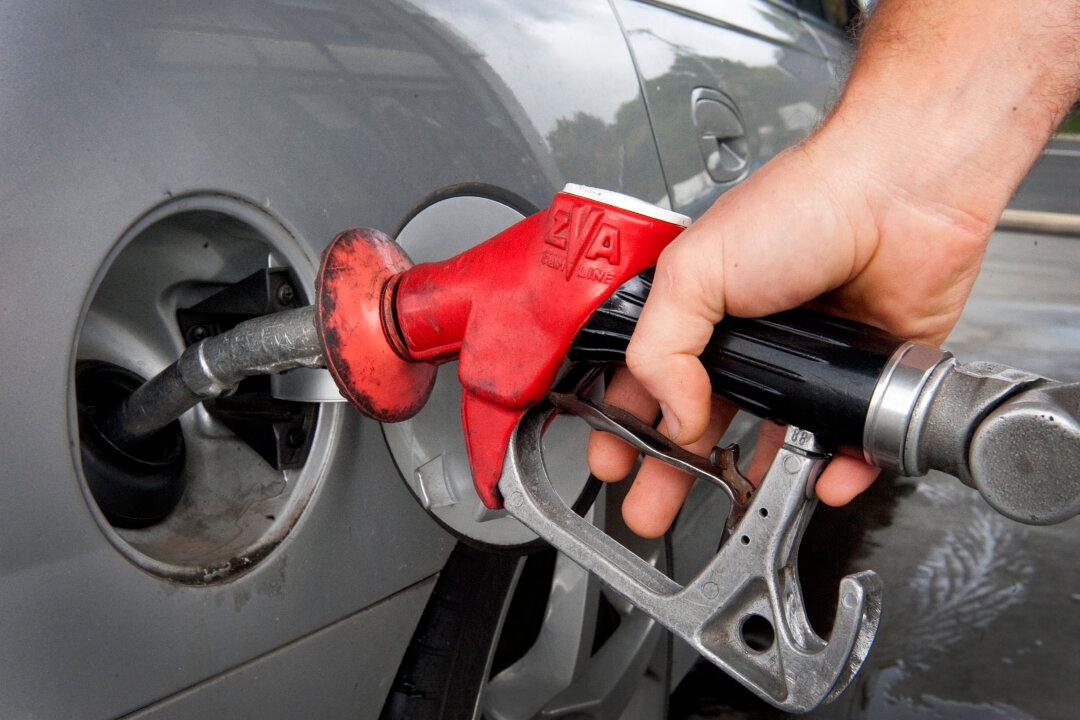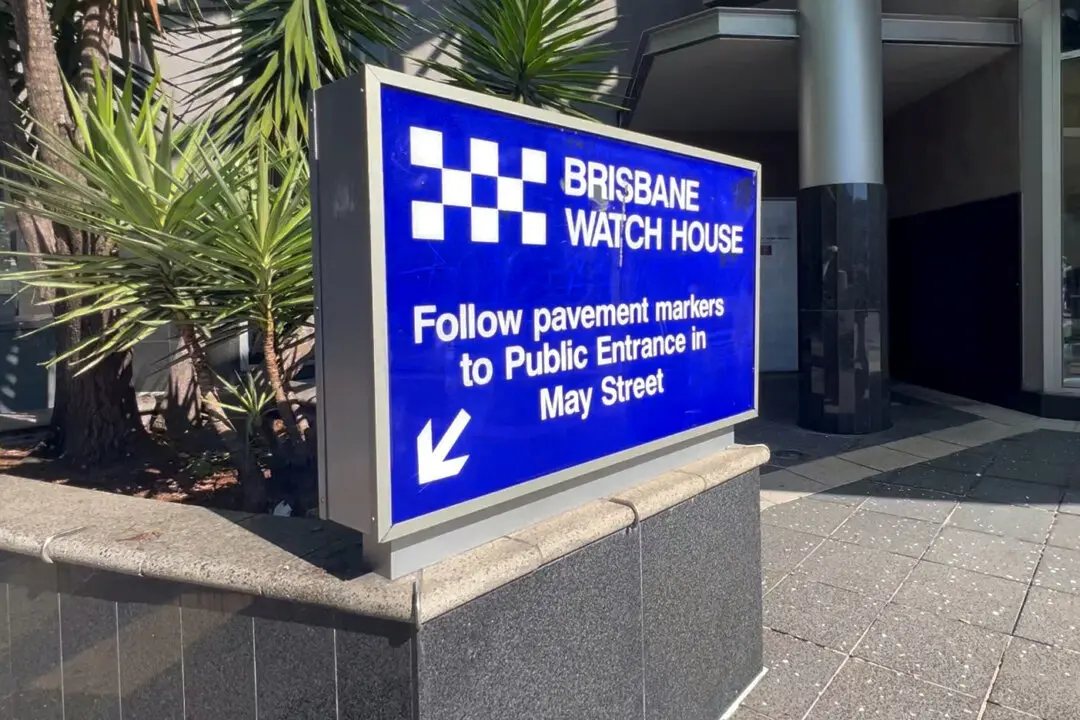The budget released on June 11 marked the start of the 2024 state election campaign, according to a leading financial analyst.
John Humphreys is the chief economist for the Australian Taxpayers’ Alliance and was a former treasury official working in the Budget Policy Division.





